
By Scoop Malinowski
For three weeks I coached on the ATP Tour at the Sarasota Open, Tallahassee Challenger and Savannah Challenger. With the coaching credential access I noticed a different perspective from media.
The players all get along but their interactions with each other are limited. The higher ranked players don’t have time for lower ranked players and if they do talk or joke around, it’s with very low ranked players or doubles players. Another name player told me once that McEnroe treated other players according to their ranking. Another player told me Petr Korda used the same policy.
Some players are all alone, while others have one or even two coaches/physios. Even a low ranked guy around 300 had a coach and trainer type.
Even some, a low ranked doubles team, had a coach and it must have worked as they won one of the Challengers.
The most professional player came from Europe with his own coach and hitting partner, presumably funded by the tennis federation, which has produced several top 15 players over the years, though it’s a small nation. This team stayed among each other, ate together, but didn’t interact much, the player always had his headphones on or seemed focused, the coach seemed busy with paperwork.
In three weeks I didn’t see any trouble or confrontation, everybody respects each other. Well, let me correct that. The player I coached Stefan Kozlov defeated a player we were both friendly with in the past, after losing to him three times in a row including in Sarasota the week before. This player took offense to the slight change in friendship dynamics and verbally vented his frustrations during the match (the match he lost) but it was not personal, just business.
Kozlov is one of the most dynamic and exciting players in the ATP, he plays with emotional adrenaline, which the majority of players do not. He has a diverse arsenal which seems to attract fans, at each tournament it was interesting to observe certain fans gravitate to his matches and support him, like they feel connected to him and how he plays, like they see something in him and how hard he fights that touches their heart. It’s hard to put a finger on it. He’s fun to watch while a lot of players play like robots, just going through the motions.
It’s fascinating how energy or positive encouragement from a coach or supporter can be a factor in influencing a match outcome. It’s actually a very valuable commodity, performance enhancing energy source, or whatever you want to call it.
The first time I truly realized this was at US Open years ago. The day after I did a Biofile with Philipp Petzschner I went to watch him play on an outer court at US Open against a Spaniard on an outer court late afternoon. A colleague and I got into the crowded court and squeezed into the media section by the Spanish player’s box. A few minutes in I tried to spark Petzschner in the close match and said, “Let’s go Picasso.” He looked at me and apparently thought I was with the Spaniard and I guess, making fun of his nickname, which he had told me in the Biofile. After that, the German played poorly and lost. My friend colleague noticed his change in level too. I felt awful about it. But that’s tennis.
Another time I was at first round Miami Open match John Isner vs Jiri Vesely. Vesely just won the second set on grandstand, it was about 6 pm and the whole arena was dead as the third set started. Isner seemed dead too, just going through the motions in that first game of the third set. My friend Harry Cicma noticed Isner needed a spark and said just loud enough for Isner to hear, “Cmon let’s go Bulldog.” Then after another point, “Let’s go Georgia.” He did this a few times and it actually revived Isner and the crowd energy. It got Isner going. Guess what? Isner won the match, the next match, the next match, and finally the final, the biggest title of his career!
I have no doubt Cicma deserved partial credit for Isner’s Miami Open title. I witnessed it with my own eyes and ears.
The thing about ATP Challengers is many coaches just sit there and don’t really care – or they are too shy and reserved to try to pump up their player. Or they just don’t know how.
Motivating and sparking is one thing I’ve always had some skill to do. Five years ago I coached a Chinese girl from NJ at Eddie Herr and Orange Bowl and she made QF and R16. As coach/hitting partner those weeks I didn’t try to change her game or style, not the right time to try that, just give positive encouragement. I must have done okay because one of her opponents in Miami approached me the next day and asked if I was available to coach her in the future – right in front of my player’s parents! Also, I noticed some players looking at me with a look that said, “I wish I had someone like that supporting me.”
Another time in boxing, Wladimir Klitschko lost twice by KO (to Corrie Sanders and Lamon Brewster) and everybody in boxing wrote him off as finished, an overrated bum who lacked heart, guts and a chin. Somehow I just knew Klitschko, an Olympic gold medalist, had greatness in him and those two devastating losses were flukes. I knew he could fix his flaws and comeback and be a dominant heavyweight champion. So I wrote a feature in a magazine called Boxing Digest asking experts like Jake Lamotta, Angelo Dundee, and many others Can Klitschko still become a champion? Many gave their advices and ideas on how he could do it and Klitschko read the article and we became close friends after that. Guess what? Klitschko regained the titles and dominated boxing for a decade. He even later took my suggestion on a ring entrance idea of saluting all the other previous former great heavyweight champions by video screens before his title defense vs David Haye at Wembley Stadium.
Another player I observed at the Challengers lost all three matches first round as the highest ranked player in all three draws. I never saw his coach give any notable energy during the match. Then for the third tournament he brought in another coach, a former American top ten players who lives in the state, and again, he just sat there, zero energy. The player lost again in straight sets.
I think the best player/coach relationships are composed of friendship first, trust, loyalty. It’s very important for a player to know he has someone there that cares and is not just sitting there for the check or self interest reasons. A parent of another player once told me it’s the hardest thing to find the right coach for a player, because the coach’s priorities are 1, himself, 2, his family, 3, money, 4, then the player’s interests.
Stefan and I went 7-3 in the three tournaments, QF, SF, 1R, at one point we were 7-1 together and I noticed how much he was fueled by positive energy and verbal support. The guy he lost to in the last tournament Savannah 36 57 (with two blown set points) went on to win the title.
Experiencing tennis in a coaching/cheerleader role has been one of the most thrilling experiences I’ve had in sports. It’s a new perspective which reveals a new level of how complicated, challenging and rewarding this sport is.
ATP · Sarasota Open · Savannah Challenger · Tallahasse Challenger

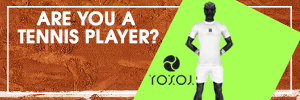

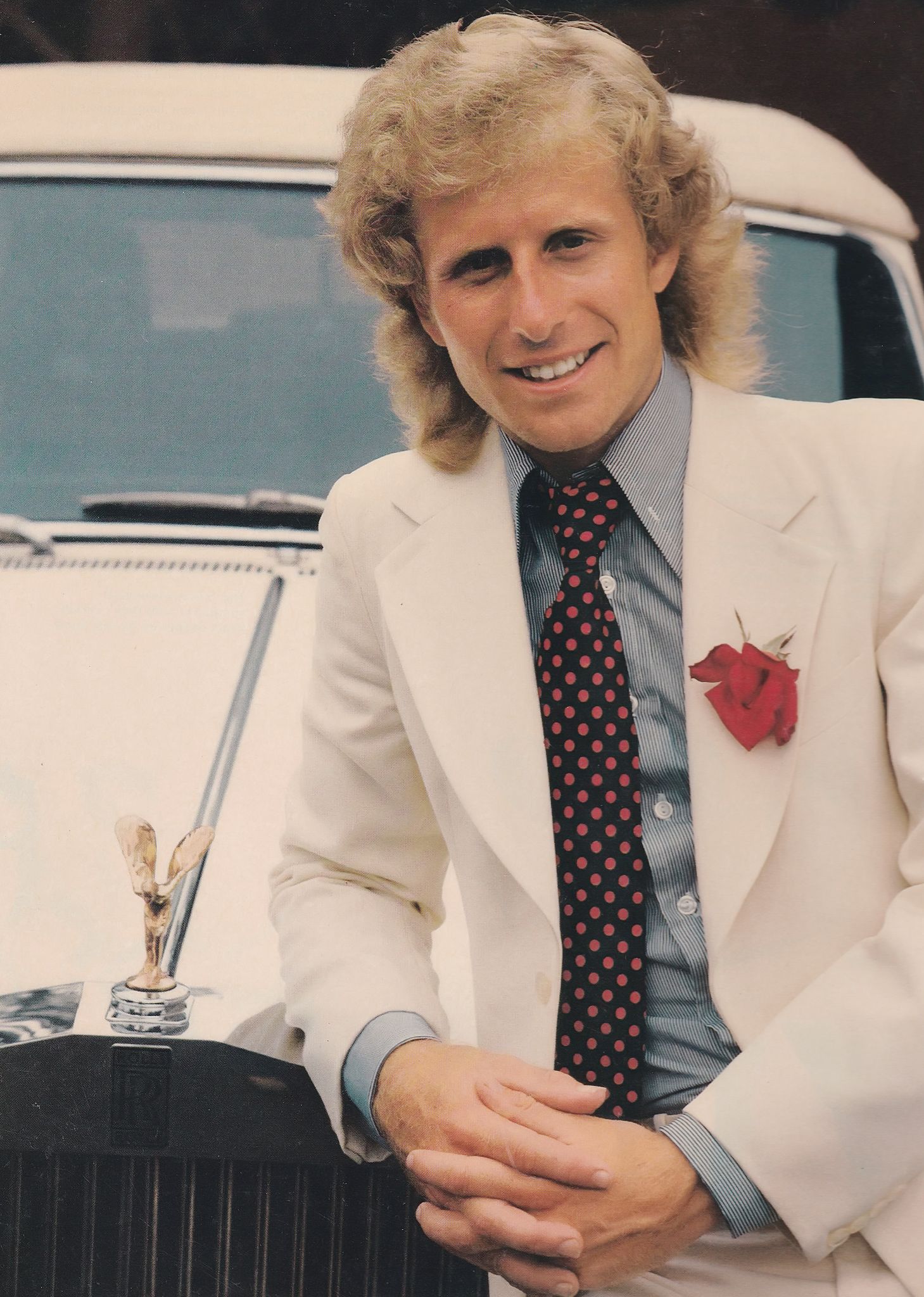
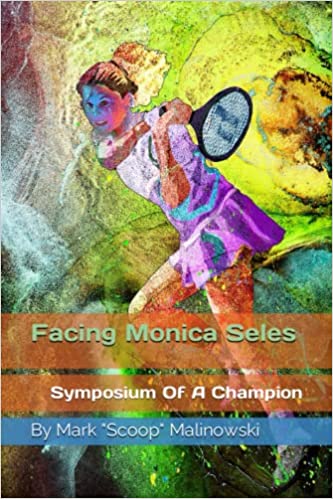
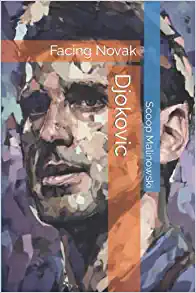
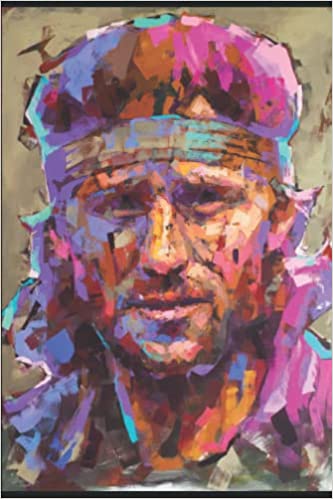
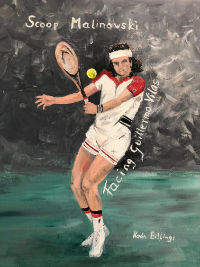
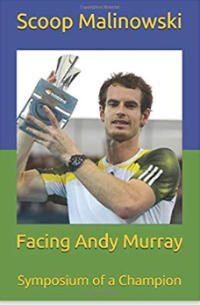
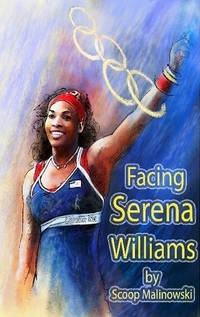
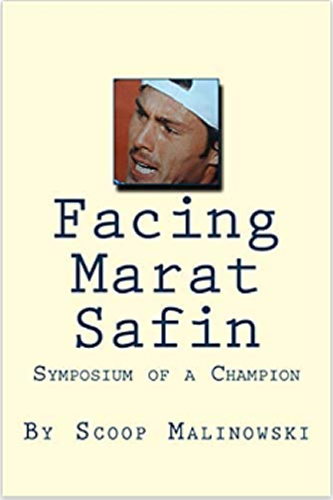
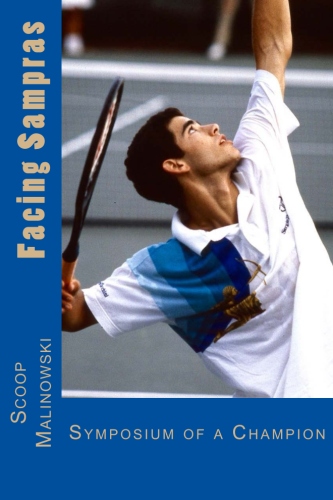
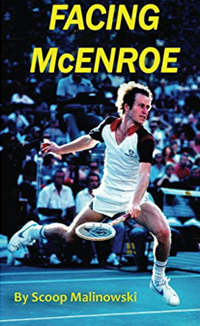
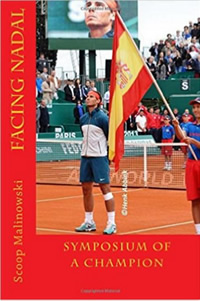
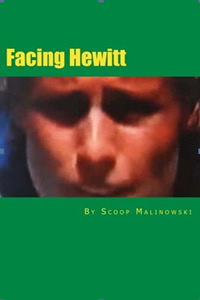
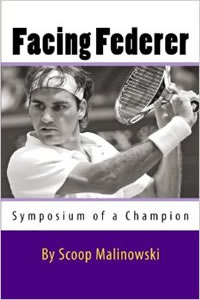
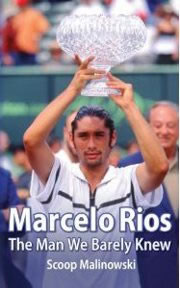
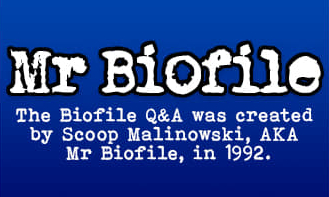
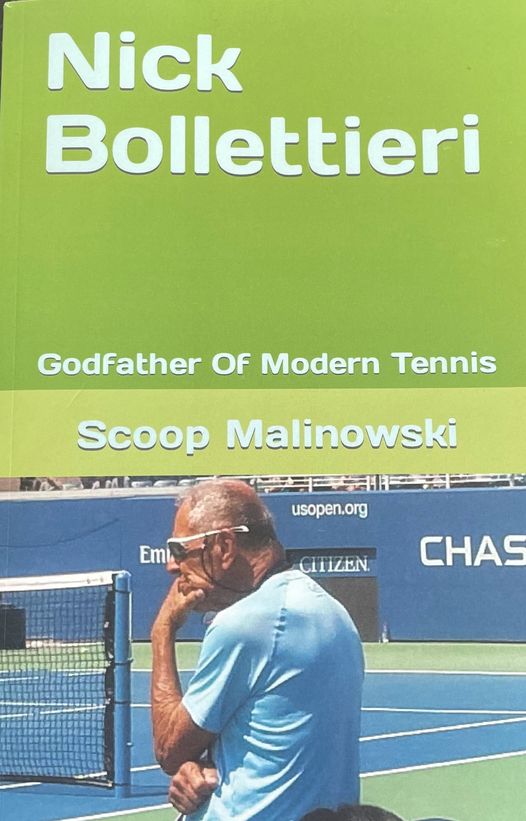

Felipe Alarcon · May 8, 2024 at 9:44 am
Great experience and story!!
Scoop Malinowski · May 8, 2024 at 10:25 pm
Thanks Felipe, it really was a special chemistry and fun time together.
Scoop Malinowski · May 10, 2024 at 10:16 am
The most desire I ever saw in a tennis player is Lan Mi of Cal… No serve, limited athletic, she wins all on guts, drive, will and courage. Amazing player, she won 40 matches this year and her team is in top 10 NCAA, still alive in NCAA tournament. https://video.search.yahoo.com/yhs/search?fr=yhs-iry-fullyhosted_003&ei=UTF-8&hsimp=yhs-fullyhosted_003&hspart=iry¶m1=1¶m2=a%3Dspd_dsites02_14_21_ie%26cat%3Dweb%26sesid%3D3f0f64dd-c122-4c1f-ab3c-b628150568c2%26ip%3D24.45.124.67%26b%3Dchrome%26os%3Dwindows%26pa%3DE82B260B9E4F%26sid%3De8071558-54a5-44f6-a53a-53b94ecf6e40%26fri%3DR6_SXGXoQKPOIGki0jWfiUETYShL615yXYEGyVSu-tkg1ftCbj6tFg%26abid%3D0%26abg%3D0%26et%3D1&p=lan+mi+cal+tennis&vm=p&type=spd_dsites02_14_21_ie#id=1&vid=1de6b5a650be96d030361d94c9453bda&action=click